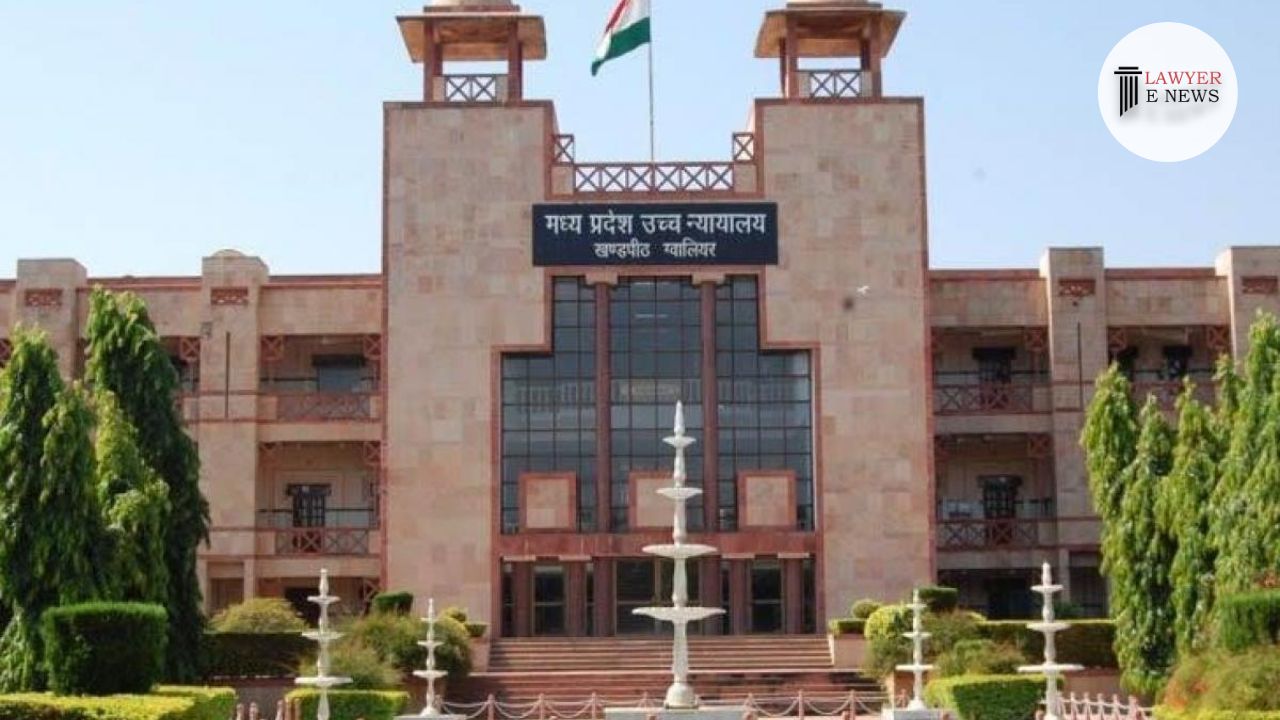-
by Admin
15 February 2026 5:35 AM



In a significant legal ruling, the High Court of Madhya Pradesh at Indore upheld the validity of property ownership in a case revolving around the concept of 'Hiba' or gift of property. The judgment was delivered by Hon'ble Shri Justice Achal Kumar Paliwal in Second Appeal No. 258 of 2017.
The case involved a dispute over property ownership initiated by the appellants/plaintiffs. They claimed ownership based on an alleged oral 'Hiba' (gift) made by Sugrabai before her passing in January 2008. The appellants asserted that Sugrabai had granted them both the share and possession of the property, which they had been cultivating since her death.
However, the respondents/defendants had successfully mutated their names on the property after Sugrabai's demise without informing the appellants. This led to a legal battle where the appellants sought a declaration of title and permanent injunction against the respondents.
The learned trial court, in its judgment dated March 29, 2014, dismissed the plaintiffs' suit, and this decision was upheld by the Second Additional District Judge, Shajapur, in a judgment dated March 31, 2017, passed in RCA No. 20A/2014.
The appellants then filed a second appeal, challenging these judgments and asserting that the oral 'Hiba' fulfilled all the essential conditions for a valid gift.
The High Court, after considering the evidence and pleadings, reached a conclusion that the plaintiffs' claim of oral 'Hiba' was an afterthought, as they had not initially raised this issue during the mutation proceedings. The court observed that the appellants failed to establish their case, and there was no substantial question of law for adjudication.
The judgment referenced established legal principles that permit the High Court to interfere with findings of fact in certain situations, such as when material evidence is ignored or when findings are based on inadmissible evidence. In this case, the court found that the findings of fact by the lower courts were legally sound and not based on misreading or misappreciation of evidence.
High Court dismissed the second appeal, upholding the concurrent findings of fact in favor of the defendants. The judgment emphasized that no substantial question of law, let alone a substantial question of law, was found to warrant interference in the second appeal.
This ruling reaffirms the importance of adhering to legal procedures and evidence in property disputes and highlights the limitations of appellate courts in interfering with concurrent findings of fact.
Date of Decision: 01.11.2023
Aslam beg vs Sheikh alim
